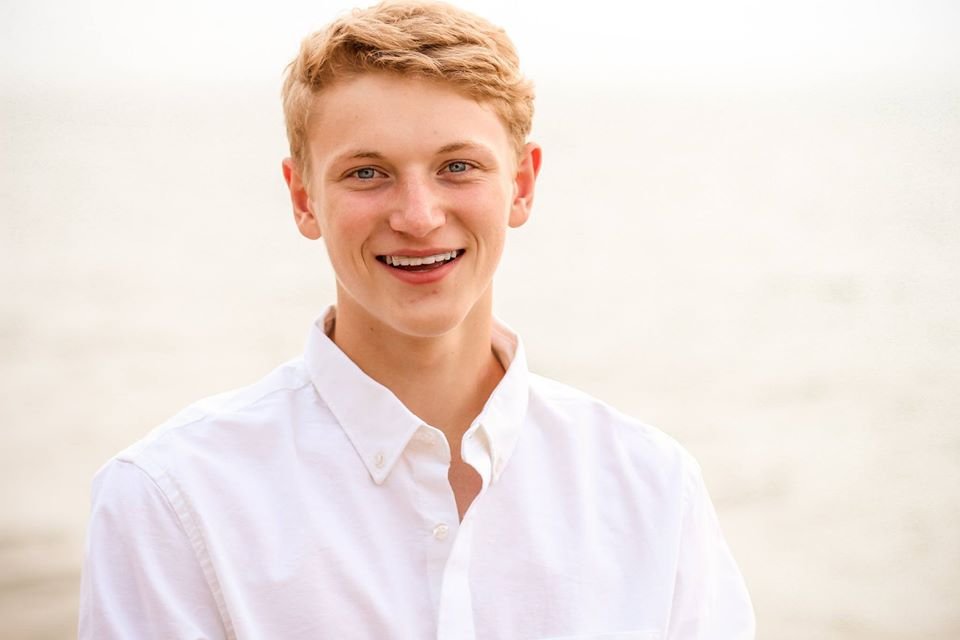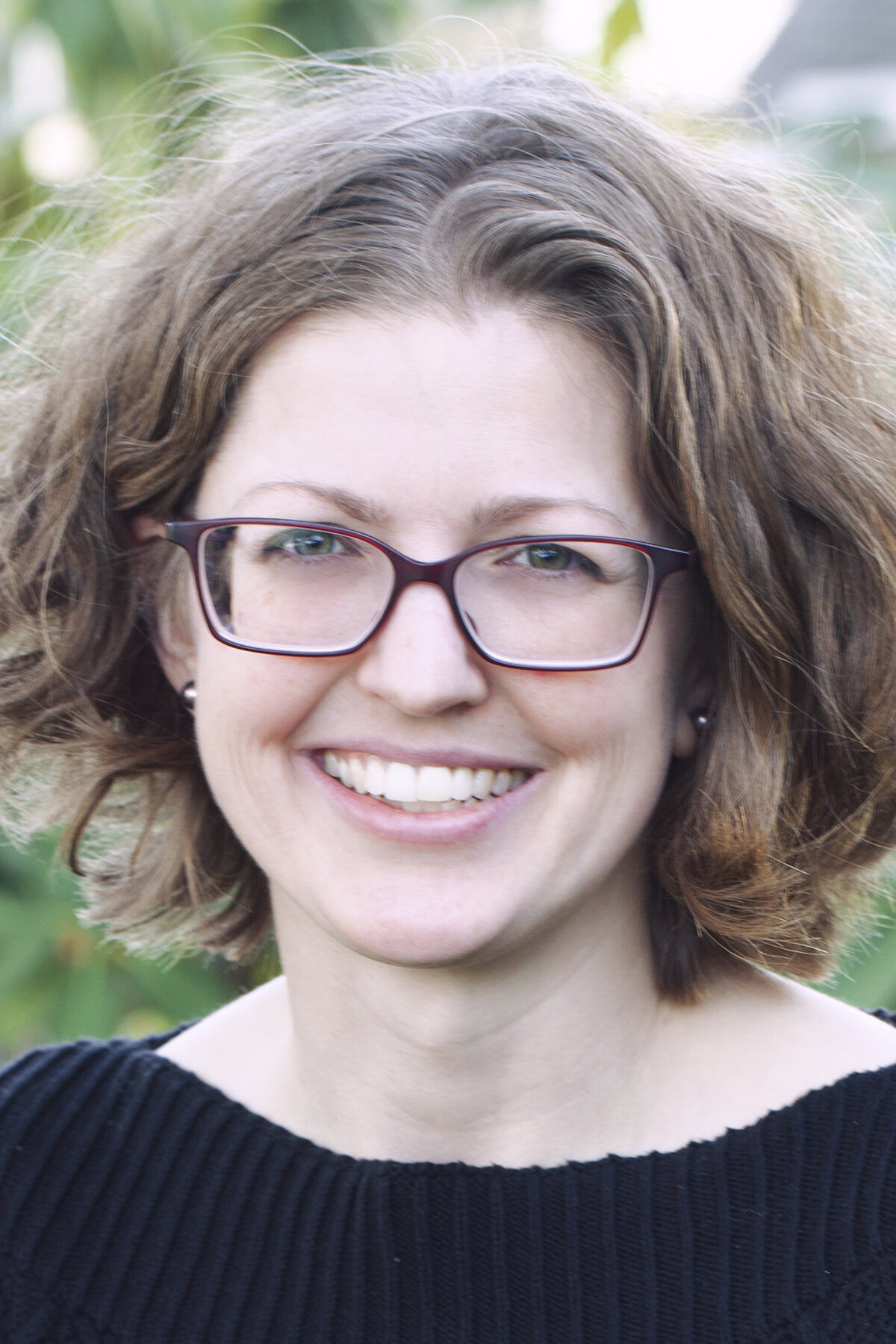I felt uncertain about going all the way to the Thomistic Institute (TI) in Washington, D.C., for a few reasons: I didn’t want to miss school, which takes a lot of time—a scarce resource. I’ve never been to D.C. before, so I didn’t really know what I was doing to get around. Above all, I have never made a trip like this, so the thought of going to a conference in a place I had never been before with a bunch of people I had never met was daunting. It seemed exciting, too. I would not have gone alone, but because another student, Karlie, wanted to go, I felt encouraged to make the trip. It was the right choice.
When we got to D.C., we were scrambling to try to find a place to go to Mass. The best we could do was to get to Mass about fifteen minutes late if we hustled and made no mistakes in catching all the right metros. God knew better than us, of course. When we just missed the metro we needed to take to get to the Catholic University of America (CUA), we looked at the website of St. Patrick’s Parish—a five minute walk from our location—and they had Mass in ten minutes! In God’s providence, our mistake ended up allowing us to make Mass with a few minutes to spare. So far, it was a great start to the weekend.
At the retreat, we were welcomed generously by the sisters and TI staff. Everyone was so kind, and many other students attending the conference were intrigued to learn that two STEM majors from a mostly unknown small college in Michigan that doesn’t have a TI chapter were attending a conference about philosophy and theology.
The talks by the guest speakers baffled me because the level of philosophy was far beyond my knowledge. However, this encouraged me and awakened a deep desire to dive into Thomistic philosophy and theology rather than discouraging me from seeking to grow in philosophical endeavors. I learned about disagreements among Thomists regarding the compatibility of the acquired and infused virtues. Another area of disagreement is whether the existence of acquired virtues within a person can in any way aid the development and growth in infused virtue. These topics fascinated me as I tried to wrap my head around what these speakers were sharing. I loved every second of it.
Karlie and I also had the opportunity to participate in the Liturgy of the Hours and Mass with the Dominicans at their house of studies. This gave the conference grounding in spirituality. I took what I had been learning and allowed it to transform the way I worshiped. Furthermore, God brought me closer to him through praying the Liturgy of the Hours in that large community of people. I often felt drawn to spend time before the Blessed Sacrament, pouring my heart out before the Lord. Jesus pulled me in toward him, and I found great peace in his presence. Having a Blessed Sacrament chapel in the same building I was staying at made a huge impact! At night I would often go down to the chapel by myself just to be with Jesus, and I felt truly at rest in his presence.
Overall, the conference and retreat were wonderful. I met amazing students who all sought to live faithfully and to grow in knowledge of heavenly things, and we had the opportunity to worship and pray with the Dominicans. During the retreat, the Holy Spirit fixed my eyes upon heavenly wisdom and the mysteries that God has given his Church to meditate on. I grew in my desire to know God more and to continually submit myself to him.




































